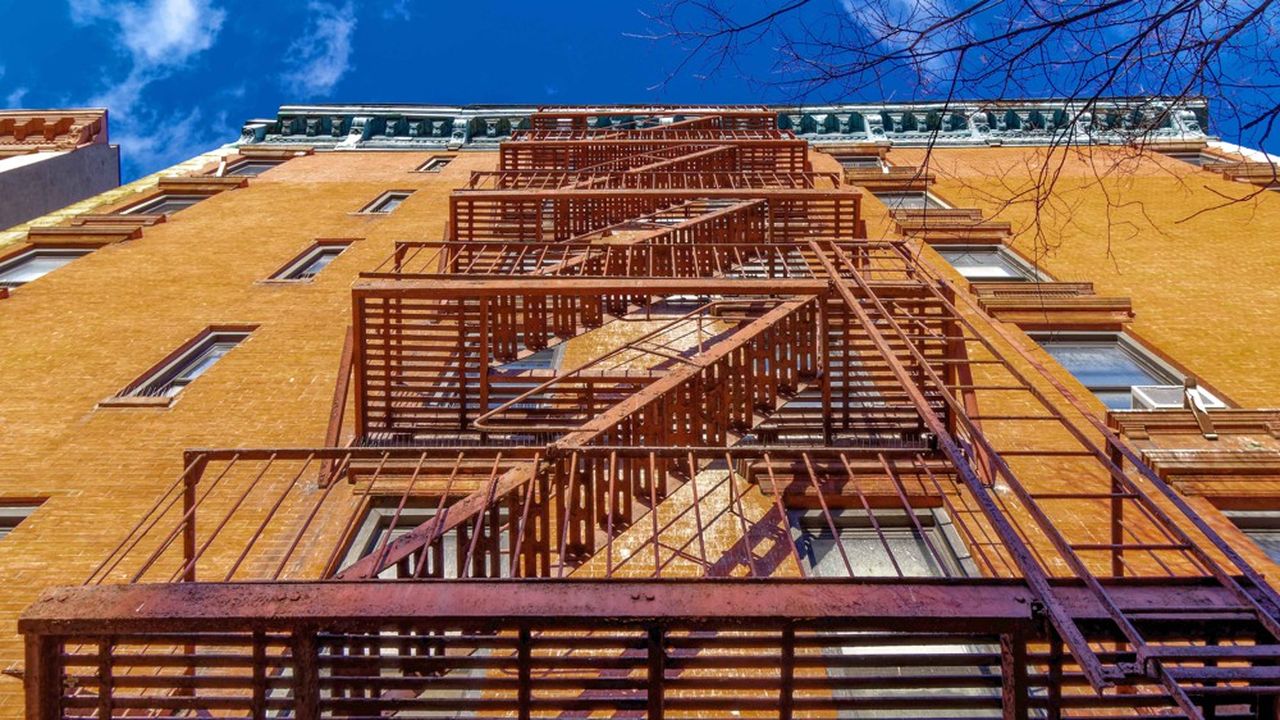Since its presentation several months ago, the law has thrilled all New York real estate developers. Despite their intense lobbying, they have failed to block it: New York State and its Democratic Governor Andrew Cuomo voted last week for a legislative arsenal that further protects tenants. “It is the reversal of a trend that had lasted for several decades: weaker laws, loopholes, which increased the ability of owners to make more profits”, welcomed one of the supporters of the law, Democrat Brian Kavanagh.
The new law applies to one million rent-regulated homes in New York City, or 40% of the city’s stock, where 2.4 million people live. In recent years, the number of regulated homes had melted, under pressure from developers and developers. Since 1994, it is estimated that 300,000 housing units have been deregulated, forcing families to leave their neighborhoods and thus participating in the gentrification of the city .
Political changes
The law also puts an end to the exceptions which allowed landlords to circumvent the regulations and considerably increase rents with each change of tenant. New protections were also voted to stop abusive security deposits or avoid arbitrary evictions. Congress will finally allow other localities, outside New York, to vote their own laws in this area.
These changes have been adopted thanks to profound political changes in New York State. The Republican Party, which controlled the state Senate for decades and had allied itself with powerful New York real estate organizations, has been outvoted in every body of power. And the left wing of the Democratic Party, determined to regulate the market, gained influence in the last elections.
The industry believed it was counting on the support of Andrew Cuomo, who had received funds from wealthy promoters, in his previous campaigns. But he finally agreed to sign the new law, turning his back on his former benefactors.
Critical situation
The situation has, it is true, become critical in New York. The average rent for a two-room apartment across the city fell from $ 1,938 in January 2011 to $ 2,831 in January 2019, according to Rainmaker Insights.
For developers and homeowners’ associations, these provisions will mainly result in slowing down investment, degrading the housing in question, which could no longer be renovated and, ultimately, reducing the construction of accessible housing. An argument contested by the legislators, who took care to limit the new rules to old housing, prior to 1974. A commission will also regularly assess the effects of the law.
–

